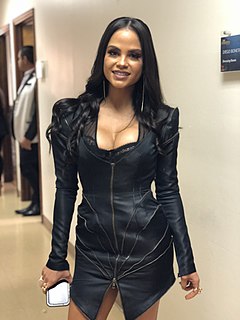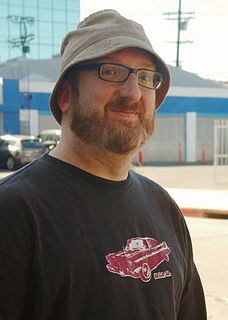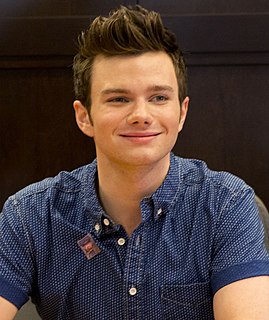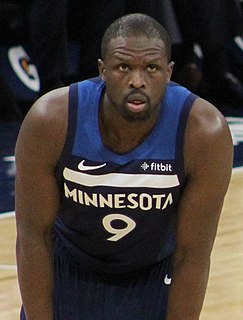A Quote by Natti Natasha
I used to have imaginary friends.
Quote Topics
Related Quotes
I started to make a joke that I had an imaginary friend underneath the let-out couch named Binky. I would never talk to him; I would only use him as entertainment for other people. I knew they thought that children had imaginary friends, so I was like, "I don't really believe in imaginary friends, but I want to feel like I do." I used to make a joke, "My imaginary friend Binky says this," because I knew it would get a laugh out of them.
I had an incredibly full life with my imagination: I used to have all sorts of trolls and things; I had a wonderful world around my toys and invented people. I don't mean I had imaginary friends; I just had this big imagination thing going on. I didn't need any imaginary friends, because I had so much other stuff going on.
For any artistic person who creates imaginary people, the art is like inhabiting the life and mind of a seven-year-old child with imaginary friends and imaginary events and imaginary grace and imaginary tragedy. Within that alternate universe, the characters do have quite a bit of free will. I know it's happening in my mind and my mind alone, but they seem to have their own ability to shape their destinies. So I'm not shooting for anything. If the characters are vulnerable it's simply because they're very human.
Instead of inventing imaginary friends, I invented whole imaginary worlds. They were elaborate scenarios about spies and adventurers and top secret missions. I crawled along my swing set, searching for escape routes from my maximum-security prison; I biked through the neighborhood, the wind in my hair and a fleet of evildoers on my heels.
Even the very youngest children already are perfectly able to discriminate between the imaginary and the real, whether in books or movies or in their own pretend play. Children with the most elaborate and beloved imaginary friends will gently remind overenthusiastic adults that these companions are, after all, just pretend.
Religion is the yeast of death cakes. It is the most awful agent on a vulnerable mind. It's the refuge of alienated and lonely people. It's what people had before television. It yokes people together into an imaginary world. It is just people talking to their imaginary friends, at length. I wouldn't mind, but some of the people are world leaders.



































